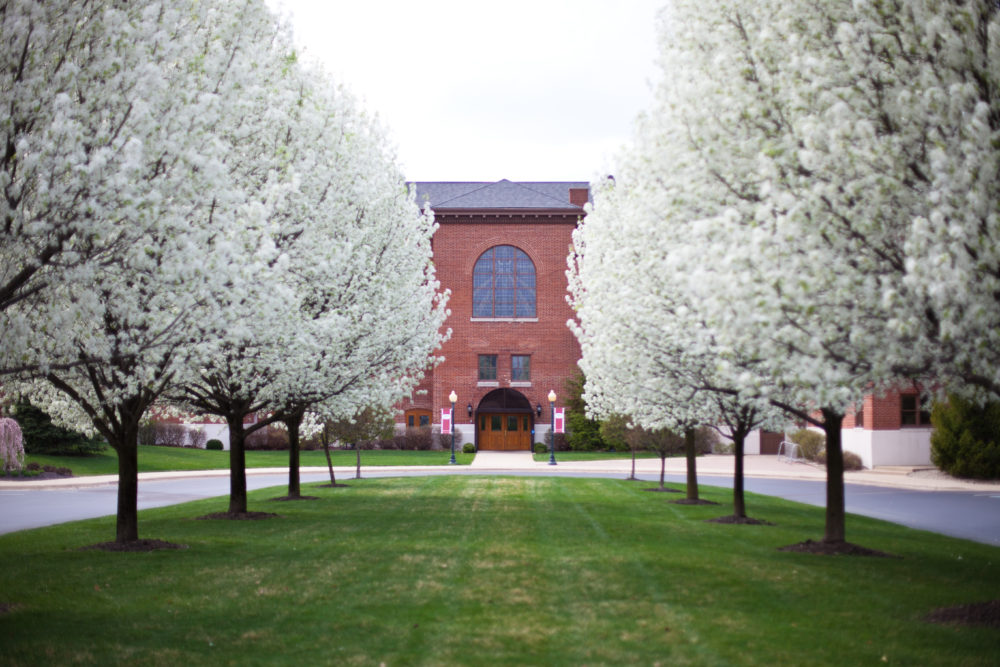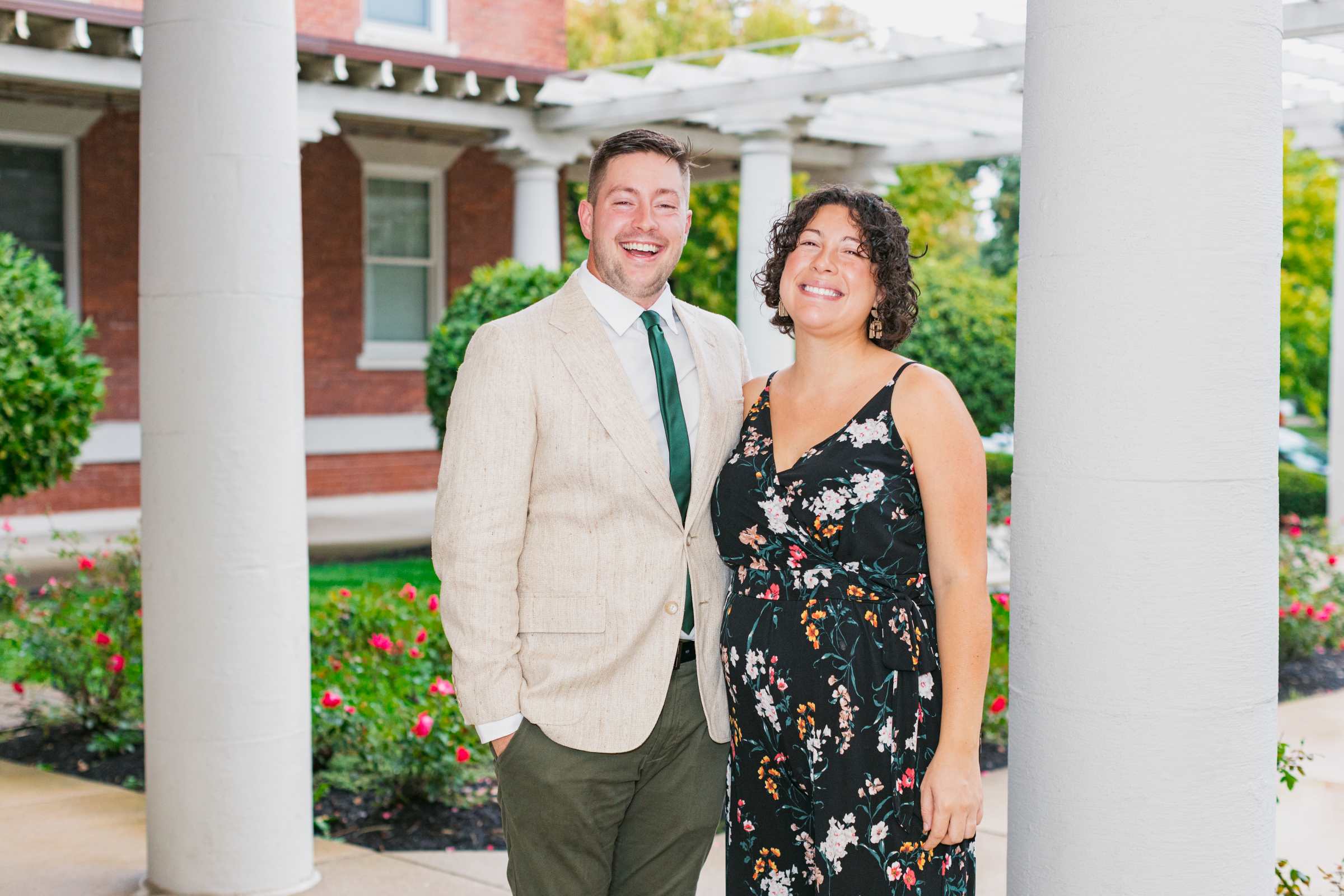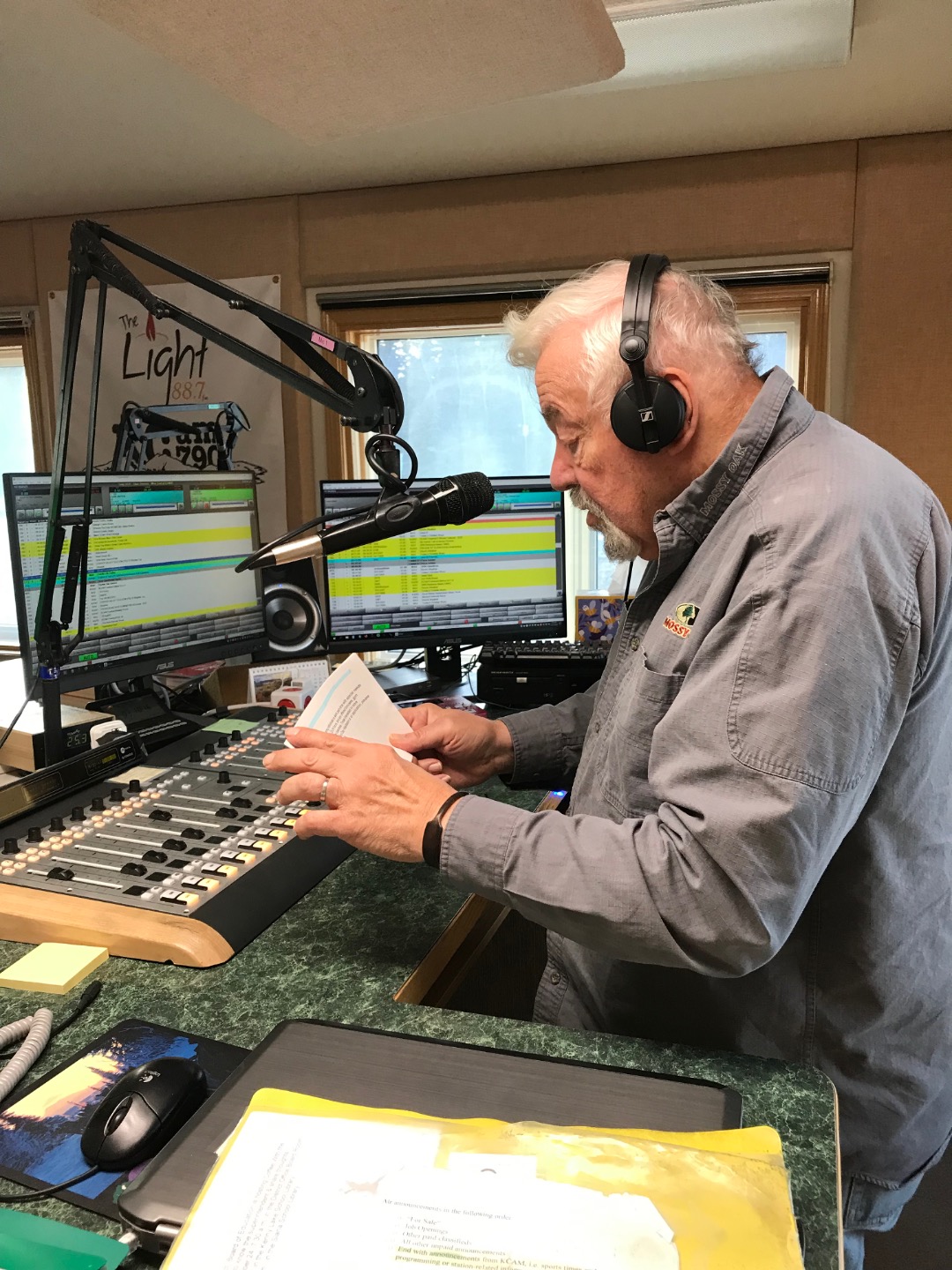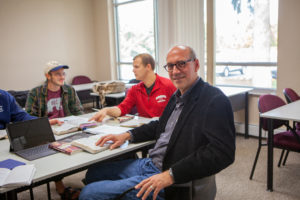General Studies, M.Div.
Students seeking preparation for general ministry, particularly roles that include responsibility for the theological and administrative leadership of a local church in the United States, are encouraged to pursue the general MDiv degree with a general studies concentration.
A component of practical field experience is built into the requirements to learn ministry skills. (MDiv Core plus 12 credit hours.)
The Master of Divinity degree program provides an optimal curriculum in graduate theological study to prepare men and women for various ministry roles. The three-year program requires 75 hours of study. There are eight concentrations: General Studies, Pastoral Studies, Pastoral Counseling, Christian Ministry, Exegetical Studies, Intercultural Studies, Women’s Leadership, and Chaplaincy Studies. Advanced Standing credit may be obtained for up to 18 credit hours of the MDiv degree and 36 credit hours may be transferred from an accredited institution. The combination of Advanced Standing and Transfer Credit is limited to 36 credit hours.

Ideal Fit
Perfect for students seeking preparation for general ministry, particularly roles that include responsibility for the theological and administrative leadership of a local church.
In addition to practical field experience, students will learn the biblical languages, how to interpret the Bible, and how to think theologically.
Career Opportunities
Depending upon local church context, many pastors serve as general practitioners, functioning as theologians, preachers, leaders, administrators, evangelists, teachers, shepherds, and more.
-
Lead Pastor
-
Pastoral Staff
-
Denominational Leadership
-
Parachurch Administrator
-
Executive Pastor
-
Teaching Pastor
-
Church Elder

The ability to accelerate my studies towards my call to pastorhood, as well as the removal of much of the financial strain that comes with pursuing a B.A. and an M.Div., is a blessing more than I can describe.
Matt
Master of Divinity - 2023Course Overview
Building on a foundation of basic orthodox systematic theology, students will explore the issues that create tensions within a theological system.
This course will take an in-depth look at prayer as God’s means of leading and strengthening faithful servants for His work among Christians and non-Christians of this age.
This course will examine Scriptural truths and principles along with a biblical theory of personality.
This course investigates the biblical and personal foundations of spiritual growth known theologically as sanctification.
Through reading and writing, pastoral interviews, you will learn about: servant leadership, mentoring, visionary leadership, and leading as a change agent.
Entry Requirements
In order to be considered for enrollment in the Master of Divinity program at Grace Theological Seminary, you must fulfill certain admissions requirements:
-
A four-year bachelor‘s degree or its equivalent (for international students) from a recognized institution of higher learning. Graduates of Bible colleges, liberal arts colleges, and state colleges and universities are encouraged to apply.
-
A student who received his or her pre-seminary education at an institution that is not accredited or who achieved less than a 2.5 grade point average in pre-seminary education may be admitted on academic restriction.
-
Applicants without a bachelor’s degree who have completed some or no college may be admitted if they meet certain ministry and research/writing requirements. Please contact seminary admissions for more information; email: gtsrec@grace.edu or phone: 877.607.0012.
Admission Requirements
Grace Theological Seminary welcomes applications from all individuals who have a testimony of personal faith in Jesus Christ as Lord and Savior
To be admitted as a Grace Theological Seminary student, you’re asked to provide:
-
Official transcripts from the school where you obtained your degree. (If you are currently working on your degree, you can submit an unofficial transcript for admission until term completion, at which time an official transcript is required. Transcripts should be sent to admissions@grace.edu.
-
A spiritual life reference
-
International applicant must provide a copy of TESOL test scores, and provide a financial certificate indicating sufficient funding for the program of study.
Learn More





